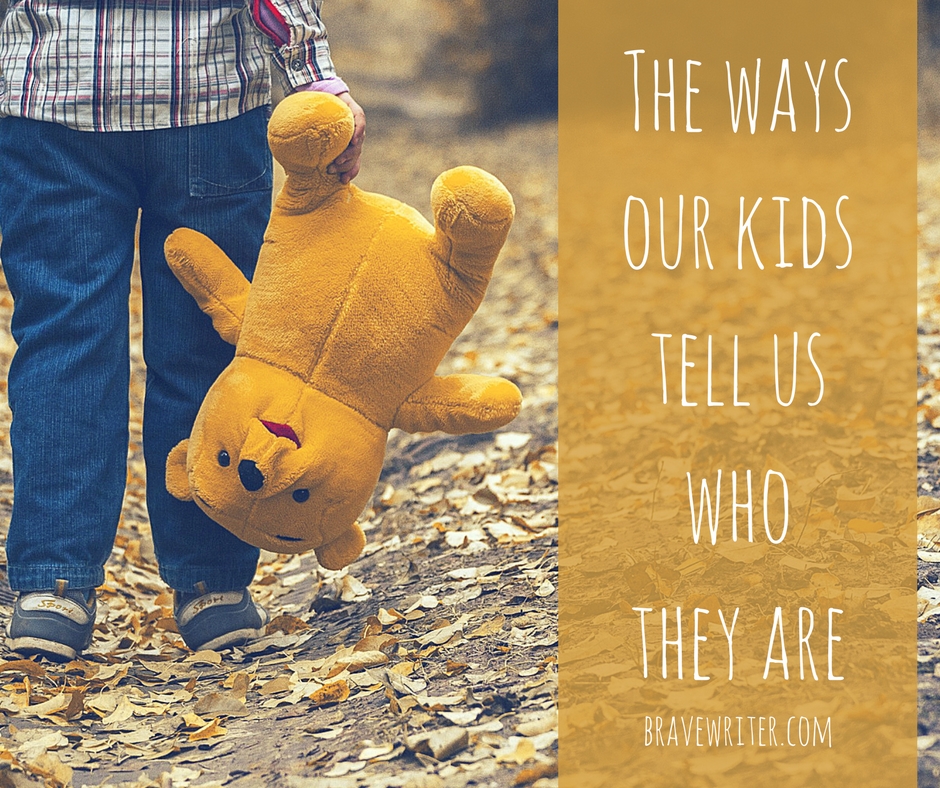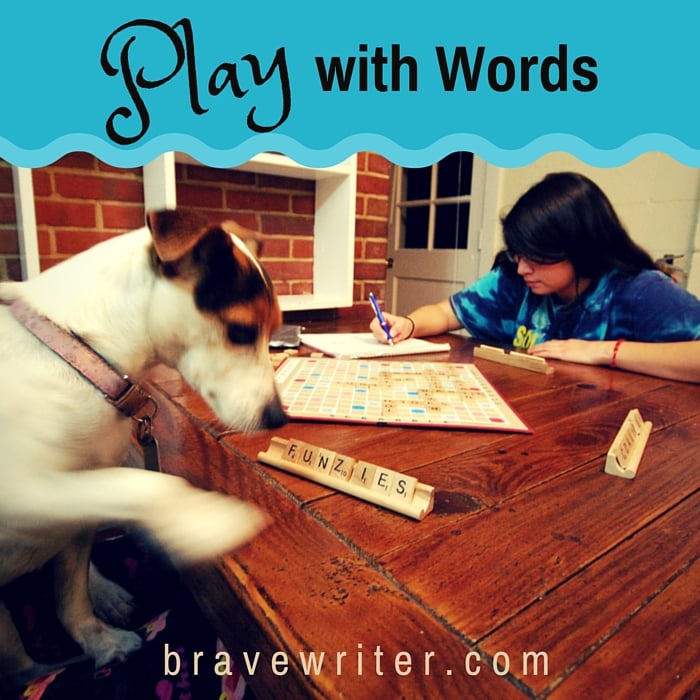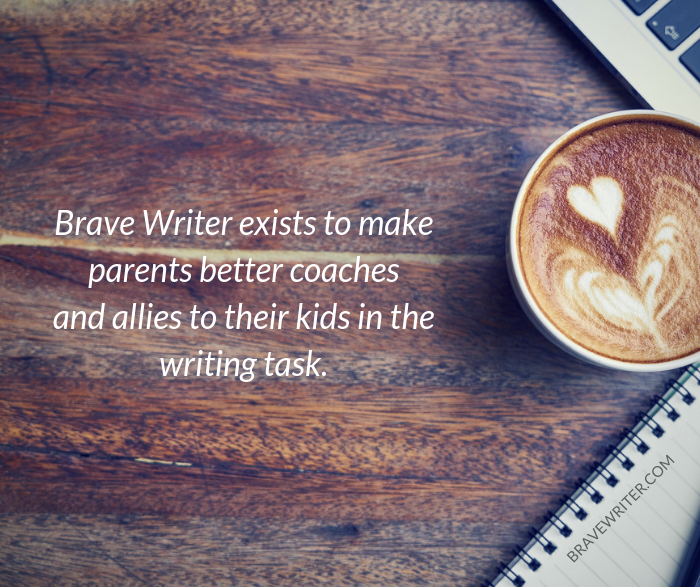I just re-read the title of this blog entry and thought: Ugh. Soft consonant sounds, nothing to crunch or bite. Just the slippery shimmer of a “v” followed by sounds you swallow and forget.
It’s almost as if the words “follow through” defy the very idea they suggest. Follow through needs to get my attention a little more firmly if I’m going to tear myself away from the riveting newsfeed of Facebook and the incessant whining of my dog to be let out the back door.
Even in the days of caveschooling, before the Internet and cell phones, we found ways to avoid actually doing the task of educating our young. The telephone, recently freed from the wall, could wreck an entire morning as we padded around the living room pretending to supervise Explode the Code pages while nestling the receiver between an ear and a shoulder bone.
Sometimes sleep, sometimes a mountain of laundry, sometimes the news, sometimes the radio, sometimes the sheer inertia of not knowing which book to start with, stopped us cold and we let days go by without any meaningful progress in any subject, or household task… pretending to unschool, as a way to salve our consciences and heal our sense of failure.
Doctors’ appointments, piano lessons, grocery shopping, field trips, the bank, the post office, and the library all conspired to crowd out learning, that thing we told the state and our family that we’d happily do 40 hours a week or so.
Imagine how much worse it got when everyone on the planet bought a personal computer and logged onto the Internet. Now the distractions were real in the sense that we were answering real letters (called email), we were updating message boards (called “researching homeschool”), we were reading blogs (called “gathering information and ideas to use with my kids”).
After a hard night with a bed wetter and nursing baby, easing into the day with that zombie-like stare at the monitor screen is soothing. You don’t have to turn your gaze to the dishes in the sink from last night. For a few moments, words, ideas, and images cheer you up or keep you from engaging the here and now.
The rub is—you never quite get to your best intentions for homeschool. And that drives you back to more distracting, to ease your guilt… and to add to your pile of “this would be great to do with the kids” that never gets done.
Follow Through
When I was a kid, my parents enrolled me in endless tennis clinics. Yes, I grew up as a rich kid outside of Malibu. I didn’t particularly like tennis or clinics, for that matter! What I remember with excruciating detail is being told how to “follow through”—for my weak forehand, my two-handed backhand, and my powerless serve.
Tossing the racket in the direction of the ball was not enough. Making contact with the ball, though laudable (and startling!) for me, was still not enough. No, apparently to get the maximum impact and speed on the ball, you had to keep your arm moving even after the ball was already on its way back over the net.
It’s the strangest experiment in physics that the continued motion (the ball’s awareness that your impact on it is still accelerating as you hit it) sends the ball farther and more accurately than if you stop, right as you make contact.
Homeschool is so similar, it’s scary! Okay, not scary, really, but it is similar. It’s not enough to toss a couple of workbooks onto a table, while you juggle a baby on the hip and chat with Liz, who lives two blocks over. That’s barely making contact with the ball.
It’s not enough to spend 3 hours reading about homeschooling and only 1 hour doing it.
Follow through in homeschooling—that long drag of the arm across the body after hitting the ball—starts like this:
- You prepare,
- you expend the energy to do the project,
- read the book,
- recite the facts,
- figure out the assignment,
- study the image,
- observe the experiment,
and then, THEN, you follow through—
- you discuss whatever it is you just did,
- you display the results,
- you share what you learned as a family with someone else or each other,
- you find a field trip that matches the subject,
- you use what you learned in a real life context.
In other words, you take the learning further!
It’s not enough to barely get cereal bowls off the table to make room for the math book. It’s not enough to know where to find the math book (though it’s a start!). Follow through for math means engaging the material enough to know it happened today, to know that kids in MY family deepened their connection to math, with my presence fully a part of the experience.
We would never enter a tennis clinic with a cell phone, our iPad, and a Kindle handy. We wouldn’t try to hit tennis balls while still in a bathrobe. We wouldn’t practice our strokes on a driveway cluttered with bikes and basketballs. And we certainly wouldn’t leave the court before the clinic ended to get our teeth cleaned for an hour, and then come back to the clinic and assume we’d have the same level of engagement and stamina for finishing.
The most important part of homeschooling IS your presence:
strong, engaged, undistracted,
and able to integrate what happened this morning
into the rest of life.
Give learning your best. Devote, focus, stay home, schedule doctor appointments after school. Don’t assume that you have hours to use any old way. Devote some hours (hours you pick, hours you plan) to being with your kids without distraction come hell or high tennis net! See how that goes. See if you feel a little happier about your life.
Follow through. The ball goes farther, and is more likely to land where you want it to.




























